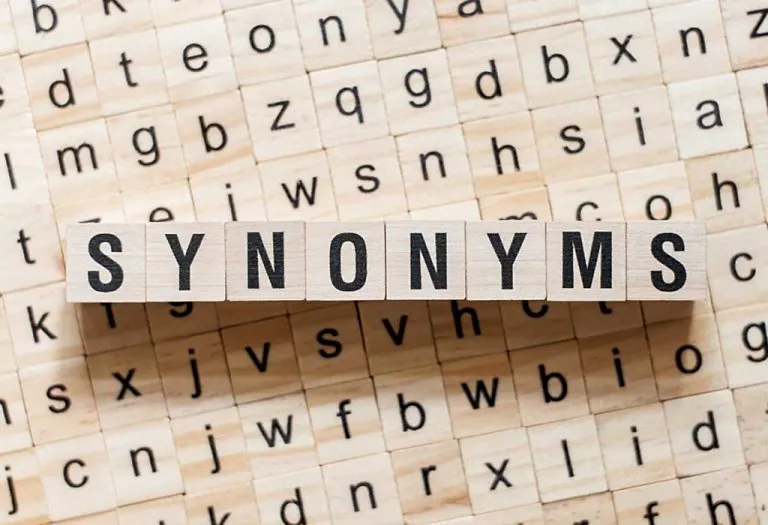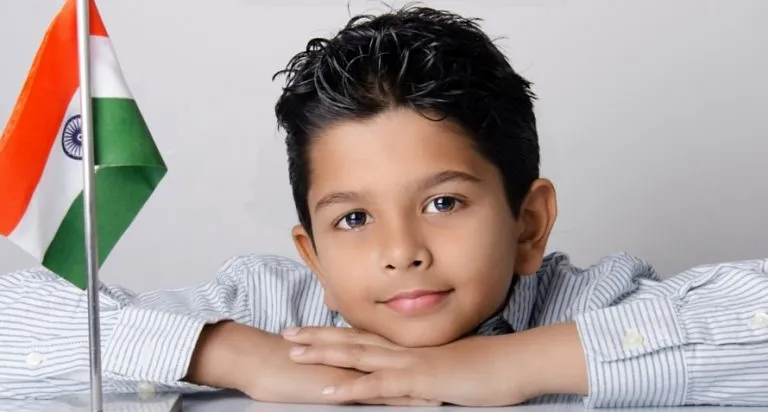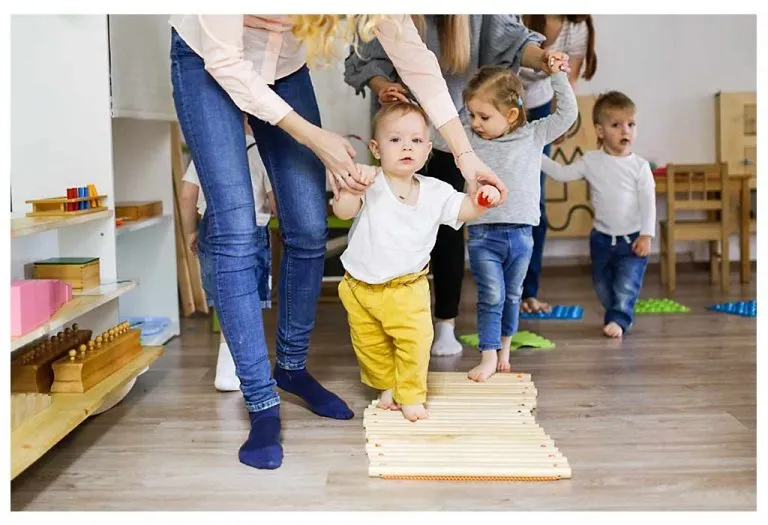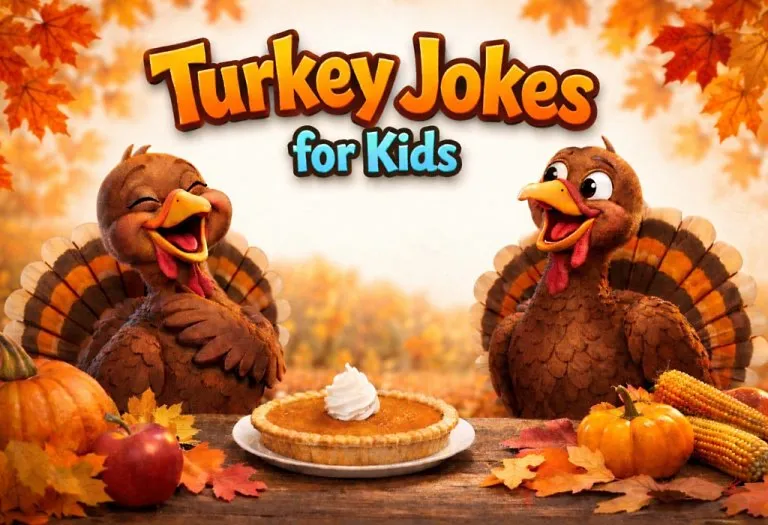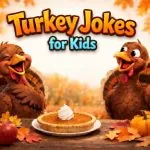Synonyms for Kids: Meaning and Examples
Welcome to the world of synonyms, a key element in the vibrant tapestry of language! Synonyms are not just words; they are gateways to a richer, more expressive way of communication. Especially for young minds, understanding and using synonyms is akin to unlocking a treasure chest of language. This article is particularly tailored for our little learners, focusing on synonyms for preschoolers and kids and extending to synonyms for class 1, 2, and 3 children. Here, we embark on a journey to explore the essence of synonyms adorned with fun examples and easy-to-understand explanations. Get ready to dive into this linguistic adventure that promises to enhance your child’s vocabulary and communication skills!
What Is a Synonym?
At its heart, a synonym is a word that has the same or nearly the same meaning as another word. It’s a fascinating concept that introduces versatility and colour into the way we express our thoughts and feelings. Synonyms allow us to paint pictures with our words, offering multiple options to convey the same idea with slight nuances or different emotional impacts.
At What Age Should Your Kids Learn About Synonyms?
The journey into the world of synonyms often begins at a surprisingly young age. As children start to express themselves and understand the world around them, typically around preschool age, they are naturally ready to grasp the concept of synonyms. This learning phase, encompassing kids in preschool up to class 1, 2, and 3, is a prime time to introduce them to the exciting variety that synonyms bring to the language.
Why Is It Necessary to Learn Synonyms?
Learning synonyms is not just an academic exercise; it’s a crucial step in the development of rich, effective communication skills. Understanding and using synonyms enhances a child’s ability to express themselves clearly and creatively. It broadens their vocabulary, enabling them to convey their thoughts and emotions with greater precision and variation.
Different Types of Synonyms
Synonyms, often perceived as just words with similar meanings, actually come in a variety of types. Each type plays a distinct role in language, offering a nuanced approach to expression. By categorising synonyms, we can better understand their specific applications and subtle differences, enhancing our communication skills and linguistic awareness.
1. Perfect Synonyms
Perfect synonyms are rare gems in language. They refer to words that can be used interchangeably in all contexts without altering the meaning of a sentence. However, it’s important to note that absolute perfect synonyms are quite uncommon, as most words carry slight nuances.
2. Near Synonyms
Near synonyms are the most common type. These words have similar, but not identical, meanings and can be used in similar contexts. They often differ in terms of connotations, intensity, or formality, providing subtle shades of meaning.
3. Plesionyms
Plesionyms are words that are closely related in meaning but have distinct differences. They often overlap in certain contexts but can’t always be used interchangeably. Plesionyms enrich language by offering specific choices for expression.
4. Contextual Synonyms
Contextual synonyms are words that act as synonyms in certain situations or contexts. Their meanings align closely in specific scenarios but may differ in others. Understanding contextual synonyms is key to grasping the fluid nature of language.
Difference Between a Synonym and Antonym
While both synonyms and antonyms are fundamental to understanding language dynamics, they serve opposite purposes. Synonyms are words that share similar meanings, enhancing our ability to express ideas with variation and nuance. Antonyms, on the other hand, are words with opposite meanings, vital for drawing contrasts and creating clarity in language. This distinction is essential for effective communication and for developing a comprehensive understanding of language nuances.
List of Synonyms (A-Z) for Kids
Learning synonyms can be an exciting adventure for young minds. To assist children aged 5 to 8 in expanding their vocabulary and understanding different ways to express the same idea, we’ve compiled a user-friendly list of synonyms. This A-Z list is specially curated for younger learners, focusing on words that are relevant and understandable for their age group.
| Word | Synonym Word |
| Amazing | Astonishing |
| Angry | Mad |
| Answer | Reply |
| Ask | Inquire |
| Awful | Terrible |
| Bad | Poor |
| Beautiful | Pretty |
| Big | Large |
| Brave | Courageous |
| Break | Fracture |
| Bright | Shiny |
| Calm | Peaceful |
| Careful | Cautious |
| Cheap | Inexpensive |
| Clean | Spotless |
| Clear | Obvious |
| Clever | Smart |
| Close | Near |
| Cold | Chilly |
| Cool | Chilled |
| Correct | Right |
| Crooked | Bent |
| Cry | Weep |
| Cut | Slice |
| Dark | Gloomy |
| Difficult | Hard |
| Dirty | Filthy |
| Dry | Arid |
| Dull | Boring |
| Easy | Simple |
| End | Finish |
| Enjoy | Like |
| Excited | Thrilled |
| Fast | Quick |
| Fat | Plump |
| Fear | Scare |
| Funny | Humorous |
| Good | Fine |
| Happy | Joyful |
| Hard | Tough |
| Heavy | Weighty |
| Help | Assist |
| Hide | Conceal |
| Hot | Warm |
| Huge | Gigantic |
| Ill | Sick |
| Important | Significant |
| Interesting | Fascinating |
| Jump | Leap |
| Kind | Nice |
Activities That Will Help Your Kids to Learn Synonyms
Integrating fun and engaging activities into learning is a fantastic way to help kids understand and remember English synonyms. Through playful and interactive exercises, children can naturally grasp synonyms words in English, turning what could be a mundane lesson into an exciting and memorable experience. These activities, designed for kids aged 5 to 8, will not only reinforce their synonym knowledge but also spark their interest in exploring language further.
1. Synonym Match Game
Create cards with pairs of synonyms and have kids match them. This visual and tactile activity reinforces their understanding of synonyms.
2. Storytelling with Synonyms
Encourage children to tell a story, substituting keywords with their synonyms. This exercise boosts creativity and synonym usage.
3. Synonym Bingo
Play a game of bingo where each square contains a word, and the caller says a synonym of a word on the board.
4. Synonym Word Search
Create word search puzzles with groups of synonyms, helping kids to recognise different words with similar meanings.
5. Drawing Synonyms
Have children draw pictures representing synonyms, which helps in associating words with visual concepts.
6. Synonym ‘I Spy’
Play ‘I Spy’ using synonyms, where the clue given is a synonym of the object to be found.
7. Synonym Pairs Memory Game
A classic memory card game where each pair of cards contains synonyms.
8. Synonym Charades
Kids act out a word, and the audience guesses the word and its synonym.
9. Rhyming Synonyms
Find synonyms that rhyme and create short poems or songs using them.
10. Synonym Jigsaw Puzzle
Create jigsaw puzzles where each piece has a word, and it only fits with its synonym.
11. Synonym Relay Race
Set up a relay race where each participant has to find a synonym for a given word.
12. Synonym Treasure Hunt
Organise a treasure hunt where each clue involves finding a synonym for a given word.
13. Synonym Flashcards
Use flashcards to quickly identify synonyms, which is excellent for rapid recall.
14. Synonym Scavenger Hunt
Kids look for objects that are synonyms of the items listed in their scavenger hunt.
15. Synonym Word Building Blocks
Use building blocks with words on them and have children stack synonyms together.
Each of these activities not only enriches a child’s vocabulary with synonyms but also instils a love for learning English in an enjoyable and interactive way.
Exploring the world of synonyms opens up a universe of expressive possibilities for children, enriching their language and thought processes. Through engaging activities and practical examples, kids can effortlessly incorporate a diverse range of synonyms into their everyday vocabulary. This journey not only enhances their communication skills but also fosters a lifelong curiosity and love for the intricacies of the English language.
Also Read:
How to Teach English to Kids
Concrete Noun For Kids
Language Learning Apps for Kids
Learning Activities for Kids
How to Build Understanding for English in Kids
Was This Article Helpful?
Parenting is a huge responsibility, for you as a caregiver, but also for us as a parenting content platform. We understand that and take our responsibility of creating credible content seriously. FirstCry Parenting articles are written and published only after extensive research using factually sound references to deliver quality content that is accurate, validated by experts, and completely reliable. To understand how we go about creating content that is credible, read our editorial policy here.





